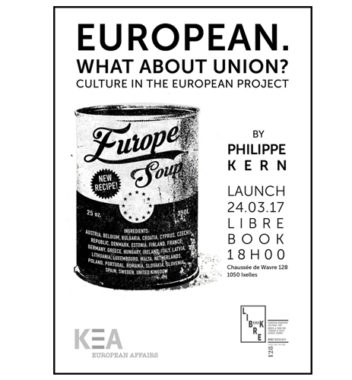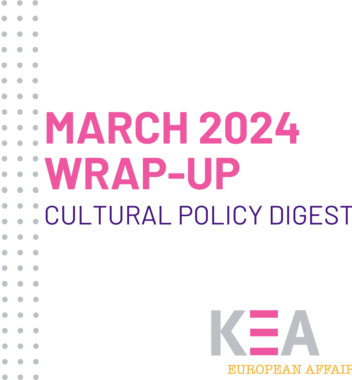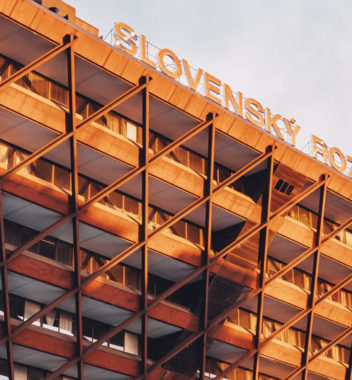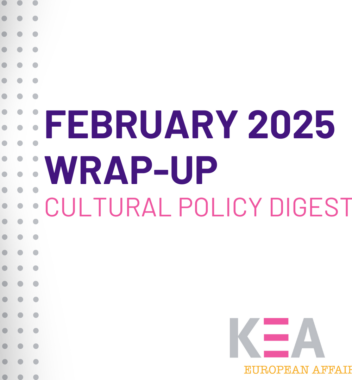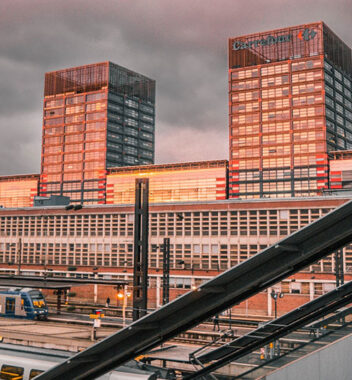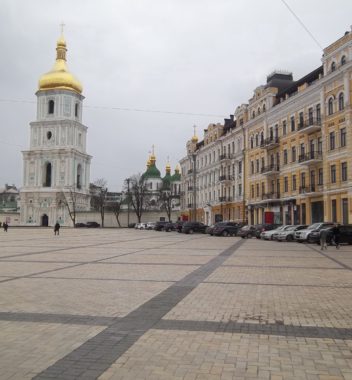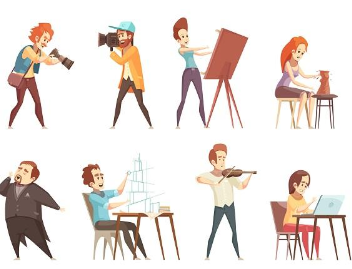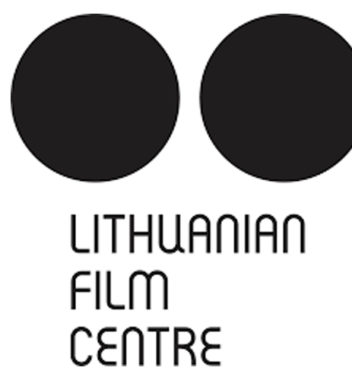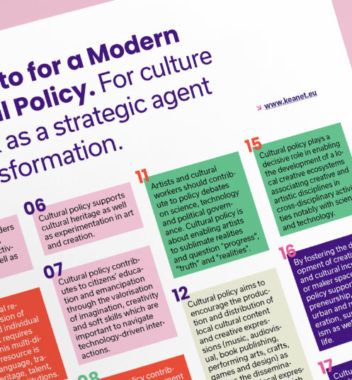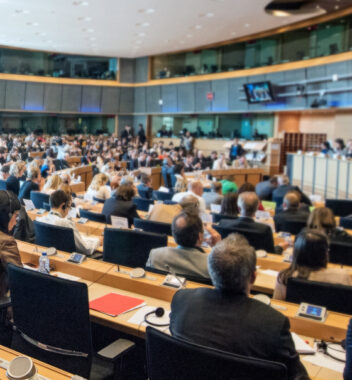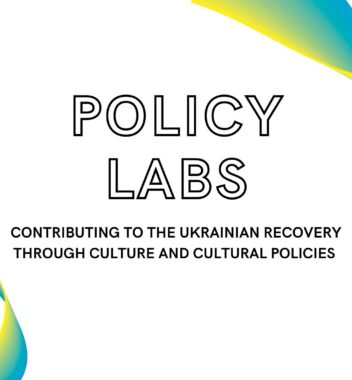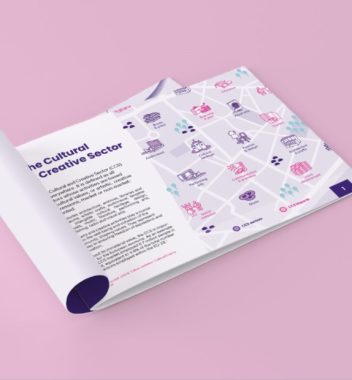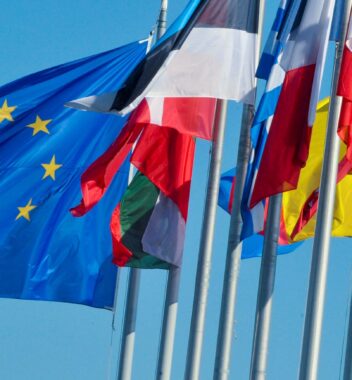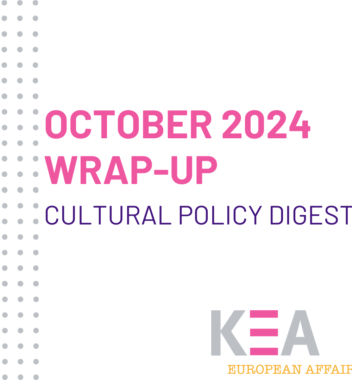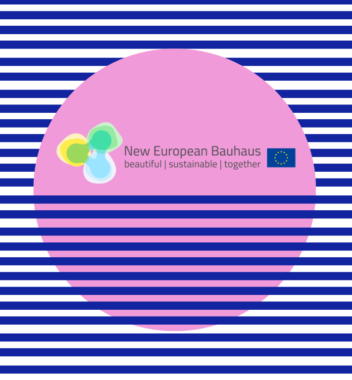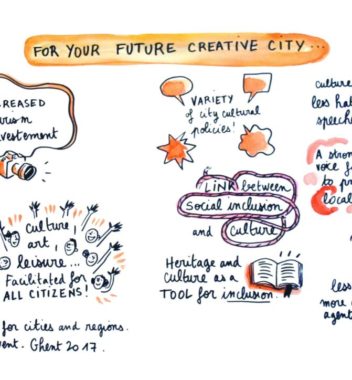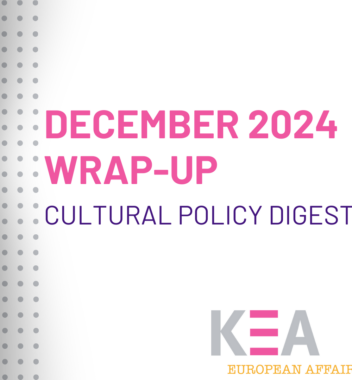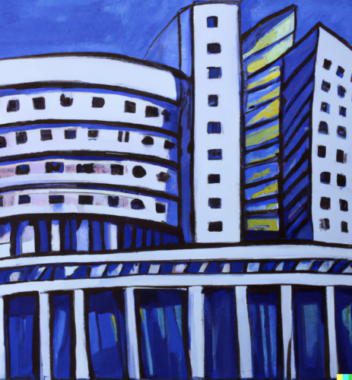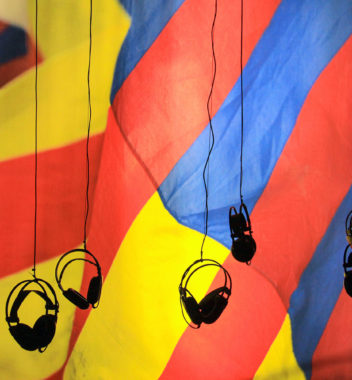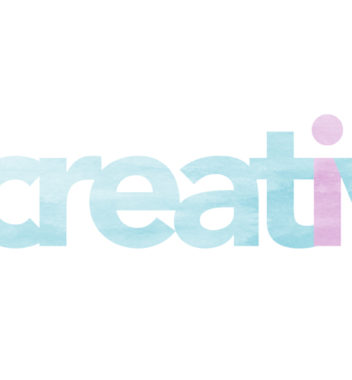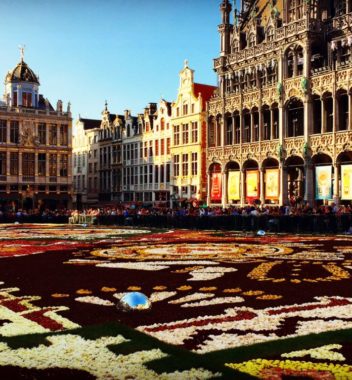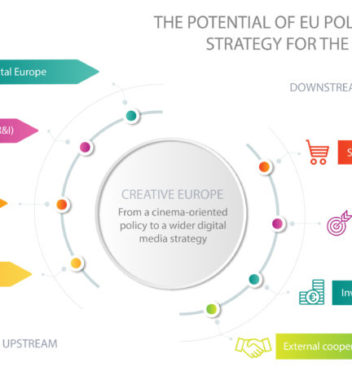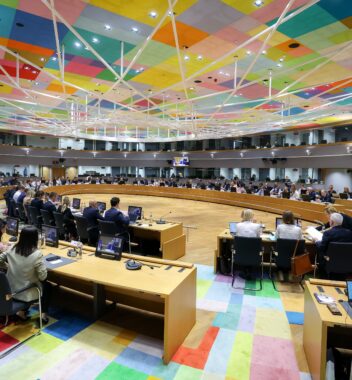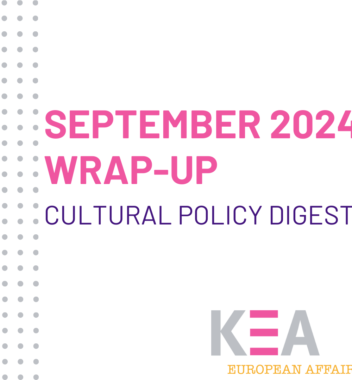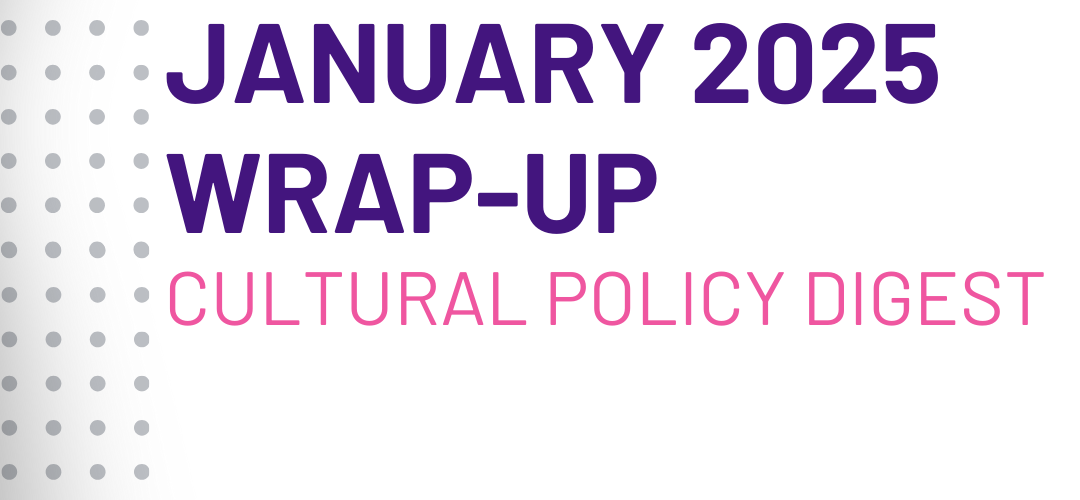
In the first wrap-up of 2025, we present a comprehensive overview of key developments shaping the European cultural landscape. This edition highlights the united stance of EU Ministers of Culture in advocating for sustained investment in the Creative Europe programme, underlining its critical role in fostering cultural diversity and artistic exchange. Additionally, it examines Poland’s forthcoming EU Presidency and its commitment to reinforcing cultural policy, supporting young artists, and reviewing audiovisual media regulations.
The article also explores the intersection of culture and economic competitiveness, making the case for integrating the cultural and creative sectors into the EU’s broader economic strategies. Furthermore, it sheds light on Austria’s new Presidency of the European Audiovisual Observatory and its role in shaping the European media landscape. Finally, it addresses ongoing debates surrounding AI regulation and the cultural sector, alongside new findings from NEMO’s Barometer on the political pressures facing European museums.
The Ministers of Culture from all 27 EU member states issued a joint letter to the European Commission defending the value of Creative Europe
In a concerted effort to reinforce the strategic role of culture within the European Union, the Ministers of Culture from all 27 EU member states have formally urged the European Commission to sustain its commitment to the cultural and creative sectors.
On 14 January, under the leadership of Latvian Minister of Culture Agnese Lāce, a joint letter was issued to Executive Vice-President Hannah Virkunen, Commissioner for Culture Glenn Mikallef, and Commissioner for Budget Piotr Serafin. The document articulates the necessity of continued, structured financial support for culture within the upcoming multiannual EU budget framework.
The ministers reaffirm that Creative Europe remains the sole EU programme specifically designed to address the distinctive requirements of the cultural and creative industries. This initiative facilitates cross-border cooperation, enhances the mobility of cultural professionals, and supports the production and dissemination of high-quality cultural content across Europe and internationally. Of particular relevance is the programme’s impact on the audiovisual sector, where it has contributed to co-production initiatives, talent development, and the promotion of linguistic and cultural diversity through film screenings and festivals.
Beyond its economic contributions, the letter underscores culture’s pivotal role in reinforcing European identity, fostering social cohesion, and driving innovation. The ministers emphasise that sustained investment in the sector is crucial to ensuring its ability to adapt to an evolving global landscape and to maintain Europe’s leadership in cultural excellence.
Looking forward, EU culture ministers reiterate their commitment to constructive collaboration with the European Commission to strengthen Europe’s position as a global leader in cultural diversity and creative innovation. Minister Lāce highlighted the programme’s strategic value, stating: “Creative Europe remains a flagship initiative, promoting artistic excellence and cultural diversity. As we advance modern initiatives, it is imperative to ensure the continued support of traditional cultural expressions.”
This advocacy effort coincides with the European Commission’s preparations for the next Multiannual Financial Framework (MFF) for 2028-2034, with a proposal expected in summer 2025. Given prevailing budgetary constraints and evolving policy priorities, there is heightened attention on ensuring sustained financial backing for Creative Europe.
The communication constitutes a proactive engagement with EU policymakers, reinforcing the EU’s commitment to cultural cooperation and industry resilience. By addressing critical challenges such as the integration of artificial intelligence, the sustainability of cultural industries, and the protection of artistic freedom, the initiative seeks to ensure that culture remains a priority at the institutional level.
Amid financial adjustments at both national and municipal levels across Europe, this coordinated position raises essential questions regarding the EU’s capacity to provide comprehensive support to the cultural sector. Access the full document here.
Polish EU Presidency: Strengthening cultural cooperation and creative sector support
On 1 January 2025, Poland assumed the Presidency of the Council of the European Union for the second time, marking two decades since its accession to the EU. This presidency comes at a crucial moment for Europe, as geopolitical challenges underscore the need for unity, resilience, and strategic cooperation. While security remains a key priority, Poland has also placed focus on strengthening cultural policy, fostering European identity, and supporting the creative and cultural sectors.
Cultural Policy and the Role of the Education, Youth, Culture and Sport Council (EYCS)
As part of its presidency, Poland will steer discussions within the Education, Youth, Culture and Sport Council (EYCS), focusing on policies that support young artists, enhance cultural cooperation, and safeguard Europe’s diverse creative landscape. The Polish Presidency will prioritise:
- Support for young creators: Facilitating the professional integration of emerging artists and cultural professionals through dedicated policy frameworks and funding mechanisms.
- Status of artists and creative professionals: Addressing challenges related to fair remuneration, working conditions, and social security within the cultural and creative sectors.
- Future of Creative Europe: Leading discussions on the post-2027 direction of the Creative Europe Programme, ensuring it remains a robust mechanism for cultural and artistic exchange across Europe.
- Audiovisual policy and Media regulation: Initiating a review of the Audiovisual Media Services Directive (AVMSD) to assess its effectiveness in a rapidly evolving digital landscape and proposing Council conclusions on the legal framework for audiovisual content.
A central element of the Polish Presidency’s cultural agenda will be the mid-term review of the current Creative Europe Programme. The discussions will explore how future EU support mechanisms can adapt to the evolving needs of cultural professionals and institutions, ensuring long-term sustainability and resilience.
Additionally, Poland will facilitate high-level debates on cultural policy priorities beyond 2027, with a focus on cross-border collaboration, artistic mobility, and the role of culture in strengthening European identity. Recognising the importance of cultural heritage and artistic freedom, the Presidency will also work towards reinforcing policies that protect and promote Europe’s diverse cultural expressions.
Beyond Creative Europe, Poland’s EU Presidency will advocate for stronger integration of cultural policy into broader EU strategic frameworks, ensuring that culture is recognised as a fundamental pillar of European development. This includes:
- Enhancing synergies between culture and education to foster lifelong learning and cultural participation.
- Strengthening cultural diplomacy and international partnerships to promote European values through cultural cooperation.
- Addressing the challenges posed by digitalisation and artificial intelligence to the cultural and creative industries.
Access here the Presidency programme.
Addressing the gap: Culture as a driver of economic competitiveness
In the months following the European Parliament elections and the appointment of the new College of Commissioners, the European Commission has signalled a renewed focus on strengthening the competitiveness of the EU economy. This priority, articulated by Commission President Ursula von der Leyen, is reflected in key policy frameworks such as the Draghi report on competitiveness and the Letta report on the single market. The announcement of a European Competitiveness Compass, built on three pillars—innovation, decarbonization, and security—marks a decisive shift in the EU’s economic policy direction. However, within this evolving paradigm, the role of culture and the creative sectors (CCS) in driving competitiveness remains underexplored.
While the European Competitiveness Compass presents an opportunity to recalibrate EU economic policy, its focus on traditional economic indicators risks overlooking the value of culture as an economic driver. The cultural and creative sectors contribute approximately 4.2% of the EU’s GDP and employ over 9 million people, making them a key pillar of European competitiveness. Yet, cultural policy often remains sidelined in discussions of economic growth, despite clear evidence of its impact on innovation, regional development, and global influence.
Several dimensions of the Competitiveness Compass align closely with the strengths of the CCS:
- Innovation: Cultural and creative industries (CCIs) are hubs of non-technological innovation, fostering new business models, digital transformation, and interdisciplinary collaboration. Cultural policy must be integrated into the EU’s broader innovation agenda to ensure CCS can access funding, regulatory support, and cross-sectoral partnerships.
- Decarbonization: The creative industries play a crucial role in shaping sustainable narratives and behaviours. From green architecture to sustainable fashion and digital arts, CCIs contribute to the EU’s climate objectives. Policies must support eco-friendly production, energy-efficient cultural institutions, and circular economy models within CCS.
- Security and Resilience: Cultural resilience is integral to democratic stability and economic security. Disinformation, digital sovereignty, and media pluralism are essential aspects of a competitive and secure Europe. Strengthening cultural infrastructure ensures societal cohesion, making CCS indispensable to the security pillar of the Competitiveness Compass.
Despite its economic significance, the relationship between culture and competitiveness remains underexplored in policy and academic literature. Studies, such as the one by Chen and Lin (2021), “Culture, productivity and competitiveness: disentangling the concepts“, suggest that culture influences national productivity and competitiveness through innovation, diversity, and institutional frameworks. However, much of this research is fragmented, with limited integration into mainstream economic policy debates.
Key insights from the literature indicate that:
- Innovation is a key intermediary between culture and competitiveness. Creative sectors drive economic dynamism by introducing new forms of production, digital content, and consumer engagement strategies.
- Cultural diversity enhances productivity. A diverse and inclusive cultural ecosystem fosters cross-pollination of ideas, increasing adaptability and resilience in global markets.
- The role of national culture in competitiveness is understudied. While organizational culture is frequently analysed in business strategy, national cultural frameworks receive less attention, despite their influence on economic performance and international trade.
The European Competitiveness Compass presents an opportunity to redefine economic growth through a multidimensional lens that includes culture as a central pillar. By integrating CCS into economic policy frameworks, the EU can harness culture’s potential to drive innovation, social cohesion, and global competitiveness. Moving forward, it is imperative that policymakers recognize and institutionalize the role of culture within the EU’s economic strategy, ensuring a holistic and sustainable vision for European prosperity in the coming decade.
The European Audiovisual Observatory announces its new Austrian Presidency for 2025 and a new Chair for its Advisory Committee
The European Audiovisual Observatory has commenced 2025 under the leadership of its new Austrian Presidency. As a Council of Europe institution based in Strasbourg, the Observatory has provided data-driven insights and analysis on Europe’s film, television, and video industries since 1992.
Each year, a different member country assumes the Observatory’s rotating Presidency. Following Georgia’s leadership in 2024, Austria has now taken on this strategic role. Austria is represented within the Observatory’s Executive Council by Andreas Ulrich from the Constitutional Service of the Austrian Federal Chancellery (Bundeskanzleramt).
In alignment with tradition, the Austrian Presidency will host a public media conference in the first half of the year. Scheduled to take place in Vienna on 4 June 2025, this in-person event will address a key issue within the European audiovisual sector (to be announced).
Andreas Ulrich emphasized Austria’s commitment to the Observatory’s mission, stating: “We are honored to take over the Presidency of the Observatory from our esteemed colleagues in Georgia. We look forward to making a meaningful contribution to the Observatory’s critical work in the European audiovisual sphere throughout the year.”
The Observatory also announces the appointment of a new Chair for its Advisory Committee. Laura Houlgatte, CEO of the International Union of Cinemas (UNIC), was elected to the position during the Committee’s meeting on 20 September 2024. Her tenure commenced on 1 January 2025.
The Advisory Committee, comprising 39 industry representative groups, serves as a vital forum for sectoral dialogue. Meeting biannually in Strasbourg, the Committee provides strategic guidance on industry needs, ensuring the Observatory delivers relevant and actionable insights for European media professionals. Advisory Committee members also contribute by sharing expertise, data, and industry contacts to enhance the Observatory’s research and analysis.
EU creators demand revisions to AI Code of Practice in open letter
CCS workers and advocates have raised significant concerns regarding the most recent draft of the General-purpose AI Code of Practice under the EU AI Act. A coalition of creators, rights holders, and industry organisations has issued a formal letter expressing their apprehension over the draft’s potential impact on Europe’s cultural creators.
The coalition, which includes major European cultural organisations, warned that the second draft of the Code fails to align with the objectives of the EU AI Act, potentially undermining the protection and development of the creative sector. They have called for substantial revisions to the Code to ensure it supports responsible, legally sound AI development while protecting European cultural creators and upholding EU law.
The General-purpose AI Code of Practice serves as a framework for providers of general-purpose AI models, guiding them in demonstrating compliance with the AI Act throughout the lifecycle of the models. The first draft of the Code was published in November 2024, followed by a second draft in December, which incorporated feedback from stakeholders. The third draft is expected by the week of 17 February 2025, with the final version due by the end of April 2025. Providers must comply with the Code from August 2025.
The letter has been addressed to Henna Virkkunen, Executive Vice-President of the European Commission for Technological Sovereignty, Security, and Democracy. The coalition of signatories includes prominent industry groups such as the European Audiovisual Production Association (CEPI), European Publishers Council (EPC), Federation of European Publishers (FEP), International Federation of Film Producers’ Associations (FIAPF), and several other influential organisations from the cultural, music, publishing, and film sectors.
For further information, read the article by Emmanuel Legrand
What are we reading: NEMO’s 2025 Barometer on political influence in European museums
The latest NEMO (Network of European Museum Organisations) Barometer report sheds light on the growing influence of political pressures within European museums. This year’s European Museum Conference, themed “Can We Talk? Museums Facing Polarisation,” explored the deepening societal divides and their impact on museums across the continent. As polarisation intensifies, museums find themselves increasingly caught between maintaining their independence and facing unwarranted pressure from political forces.
A key finding from the survey, conducted in August 2024, highlights how this political influence can sometimes lead museums to self-censor, particularly when addressing sensitive or controversial topics. These pressures are not always overt but can manifest subtly, affecting programming and communication.
Museums, as NEMO emphasises, hold a unique responsibility to provide fact-based, authentic, and independent information to their communities. Upholding these principles is at the heart of NEMO’s mission, as it continues to support museums across Europe in maintaining their autonomy and integrity.
For further insights, read the full NEMO report.
